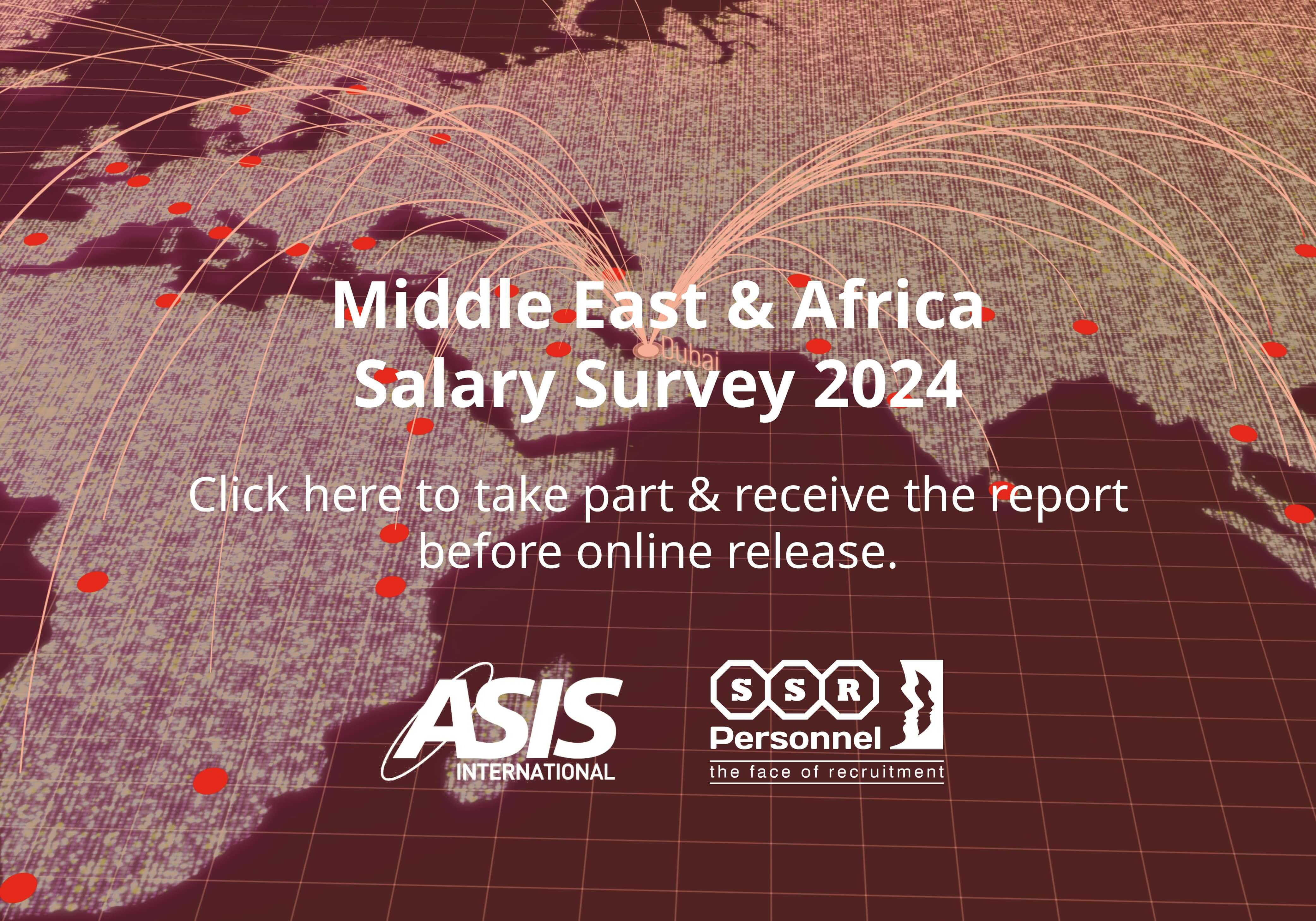The short listing of candidates from the multiplicitous CVs that come into HR departments every day was, just a few blinks of an eyebrow ago, a moribund subject. Despite all of the advances to hit every other profession in this digital age, employment remained largely unaffected, perhaps the most exciting things to emerge was video CVs or the automation of routine tasks like posting jobs onto the internet. The digital age for the employment sector remained very much a back office trickle. Well that trickle has turned into a stream and the stream has just become a river; one that is about to burst its banks and flow into the main work place.
For recruitment, digitalisation did mean that automated telephone systems could take the strain out of answering hundreds of phone calls and the internet provided a portal for job seekers to enter details onto application forms, but in truth it all got converted back to paper and someone had to sift through the mounds of paper and spot the clues that made you a great candidate to interview.
For my own part I have trumpeted the use of assessment centres (ACs) to further explore the potential candidates once they had been shortlisted. But ACs were hardly new, their roots were in the second World War when the British Army borrowed an idea from their enemies just across the water and rid the aristocracy from command replacing them with leadership talent. But now the face of human resources, and in particular my own field recruitment (attracting people) and its teeth selection (choosing people from a broad list of potential candidates) has taken a massive leap forward. In just a few months, a number of key developments are radically transforming the employment landscape.
The first, and to my mind the most surprising, has come from a very unusual source; mathematics, well statistics to be precise.
For decades some psychologists have (when not debating amongst themselves) been suggesting that that decision making can be looked at in terms similar to the way a computer works; binary digits. Other psychologists have argued that the unique combination of chemical transmitters in the brain and logical thought improve the decision making process and ensures that people are the ultimate arbiters in all matters (and therefore irreplaceable). In 2002 this argument was put to the test in the UK using a logistic regression model (Johnston 2002) Napier University who used a formulae to predict the success for educational students. This research found that the use of algorithms (which was explained to me, as a mathematical Luddite, as a kind of crossword for mathematicians) were a more accurate predicator of success than highly trained counsellors (people). In the USA, Orley Ashenfelter (a Princetown economist) was also fighting another human verses algorithms battle when he took the wine trade by storm and devised a formulae that accurately forecasted the future quality of Bordeaux wine and hence its value! But what has all of this got to do with the selection of staff?
Well it is both simple and maddening. The evolution in computers to data mine large amounts of information and it’s congruence with the use of algorithms has shown that thinking people can be replaced by computers. Perhaps because we have far more unpredictable variables (ideosynchisities) than most computers, ergo a computer with the right algorithm can make a rational, accurate and reliable prediction.
Wine yes, but surely not as sensitive as predicting behaviour at work? Wrong. In his book Super Crunchers, (how anything can be predicted) the author Ian Ayres illustrates how the role of a talent scout in sports can be reduced to mere numbers (he uses baseball as an example) where using a combination of data and algorithms talent scouting is and has been relegated to a matter of looking at the numbers. Not a popular claim for Ayres to make and I suspect Ashenfelter is not welcomed at many wine tasting events, but very useful to business leaders and those in the business of spotting talent.
I can relate all of this back to our own sector when the Psychologist Dr Martin Dyer-Smith addressed the SITO conference at the NEC Birmingham and illustrated how he could measure and predict a job seeker’s ability to handle repetitious tasks; a factor highly relevant to many security officers standing alone on barriers or those banks of CCTV monitors. In fact he also illustrated that rather than trust a human to sort duff uranium from good uranium pellets he would use a pigeon, but that is another subject! Dr Dyer Smith was on to something big, he also knew that behaviour, no matter how idiosyncratic or individual, strives toward one goal (he argues to find a level that uses the least energy). A crossword puzzle for human behaviour at work was in the making and without realising it, we were there!
Well known firms like Hertz and Continental Airlines are using data sets to predict what we people will and will not do, and with a high degree of accuracy too. Psychologists and mathematicians , not just in the USA but in the UK as well, have been devising and refining algorithms that can take data presented in a CV or application form and determine if that applicant is worth interviewing. Not convinced, ask the giant retailer Wal-Mart?
You might recall that earlier I suggested the changes impacting employment were not just those allied to selection. The recruitment (attracting people) side of my profession is also facing radical change. Surprisingly this can be found in the search engine Google, whose massive computer power (measured in petrabytes: 5000 terabytes megabytes and able to make more multiple computations than the average brain) has accumulated a huge workable database that can be used (they term this data mining); of course you just need to know how. Let me illustrate this. All those involved in recruitment are faced with a constant problem, how do we attract the most people to apply to the least number of adverts. In other words, which words sell? Do we have vacancies, careers, opportunities or do we promote jobs?
This might sound simple but words sell and one word can make a significant difference. By tapping into the megalithic brain of Google we know beyond all reasonable doubt that the word “jobs” attract more people to our web site than any of the others. How? We simply use Googles advertising tool to show and measure the response for different configurations of adverts. Because the number of times that each advert is shown is so great, we can argue, with certainty what works and what does not. Without the huge computing power of Google we simply could not have afforded the research costs to test and prove our adverts.
In the past we have all relied almost entirely on the preference of words by individuals, now psychologist, mathematicians and technicians have shown, beyond all reasonable doubt, that the margin for error by humans can be reduced by looking at the numbers and mining data. Of course numbers are not always accurate and some people cannot be boxed, but where they can, the numbers can help.
Recruitment is not just about advertising and attracting the right people. We have a back office function that is required once the CVs are captured and here two PHD graduates from Edinburgh University, Steve Finch and Andrei Mikheev have extended their work for a CIA subsidiary and devised software that intelligently reads CVs (regardless of the style and content). Of course its accuracy is not 100%, but it does recognise the difference between a Security Manager and someone who has Security Managers reporting to them from those who report to a Security Manager. Anyone used to Boolean or word and searches on databases will know exactly what I mean, but for those of you not familiar with database use, this is a significant leap forward in thinking computers.
At this moment in time the impact on the front end of recruitment and selection is only visible to those looking for work when the thinking computer throws up an error. But behind the scenes much of human behaviour is being coded and digitised and as this digitisation merges with the use of algorithms and emerging technologies (e.g. biometrics and visual technologies like CCTV) our job roles and by extension work finding will be revolutionised by technology.
The Computer says YES.
SSR® Personnel Services Limited
SUITE 7, James Yard, Larkshall Road, London, E4 9UA
Tel: 020 8626 3100
Fax: 020 8626 3101
SSR® Personnel is the largest recruitment consultancy dedicated to the security, fire, health and safety sectors in Europe, operating in 20 countries. We have a global presence in North America, and partners in Asia and Eastern Europe. We are accredited ISO 9001:2000. For details of our opportunities and open vacancies visit our web site www.ssr-personnel.com


